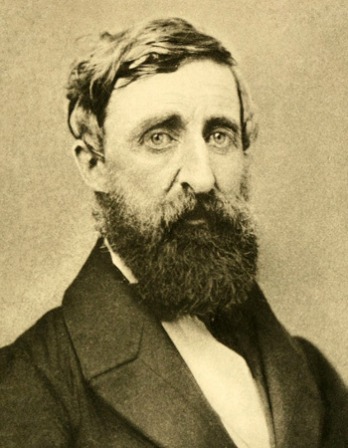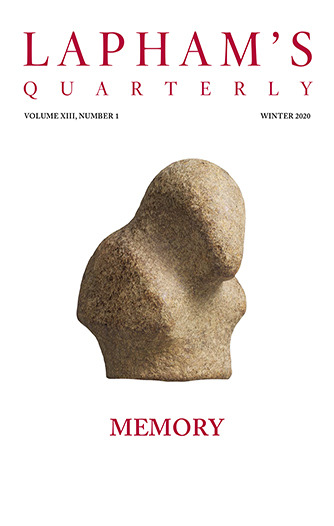This immense globe exhibits upon its surface heights, depths, plains, seas, lakes, marshes, rivers, caverns, gulfs, and volcanoes; and upon the first view of these objects we cannot discover in their disposition either order or regularity. If we penetrate into its internal part, we shall there find metals, minerals, stones, bitumens, sands, earths, waters, and matters of every kind placed as it were by chance, and without the smallest apparent design. Examining with a more strict attention, we discover sunk mountains, caverns filled, rocks split and broken, countries swallowed up, and new islands rising from the ocean; we shall also perceive heavy substances placed above light ones, hard bodies surrounded with soft; in short we shall there find matter in every form—wet and dry, hot and cold, solid and brittle—mixed in such a sort of confusion as to leave room to compare them only to a mass of rubbish and the ruins of a wrecked world.
We inhabit these ruins however with a perfect security. The various generations of men, animals, and plants succeed each other without interruption; the earth produces fully sufficient for their sustenance. The sea has its limits; its motions and the currents of air are regulated by fixed laws. The returns of the seasons are certain and regular; the severity of the winter being constantly succeeded by the beauties of the spring. Everything appears in order, and the earth, formerly a chaos, is now a tranquil and delightful abode where all is animated and regulated by such an amazing display of power and intelligence as fills us with admiration, and elevates our minds with the most sublime ideas of an all-potent and wonderful Creator.
Let us not then draw any hasty conclusions upon the irregularities of the surface of the earth, nor the apparent disorders in the interior parts, for we shall soon discover the utility, and even the necessity, of them; and, by considering them with a little attention, we shall perhaps find an order of which we had no conception, and a general connection that we could neither perceive nor comprehend by a slight examination; but in fact, our knowledge on this subject must always be confined. There are many parts of the surface of the globe with which we are entirely unacquainted, and have but partial ideas of the bottom of the sea, which in many places we have not been able to fathom. We can only penetrate into the coat of the earth. The greatest caverns and the deepest mines do not descend above the eight-thousandth part of its diameter; we can therefore judge only of the external and mere superficial part. We know, indeed, that bulk for bulk the earth weighs four times heavier than the sun, and we also know the proportion its weight bears with other planets; but this is merely a relative estimation; we have no certain standard nor proportion. We are so entirely ignorant of the real weight of the materials, that the internal part of the globe may be a void space, or composed of matter a thousand times heavier than gold; nor is there any method to make further discoveries on this subject; and it is with the greatest difficulty any rational conjectures can be formed thereon.
We must therefore confine ourselves to a correct examination and description of the surface of the earth, and to those trifling depths to which we have been enabled to penetrate.
From the Natural History. Employed by Louis XV at the age of thirty-two as keeper of the royal botanical gardens in Paris, Buffon was assigned the task of writing a catalogue of the collections. Often working twelve-hour days until his death in 1788, Buffon completed thirty-six of the fifty books that he intended to serve as a catalogue for the whole of nature.
Back to Issue





